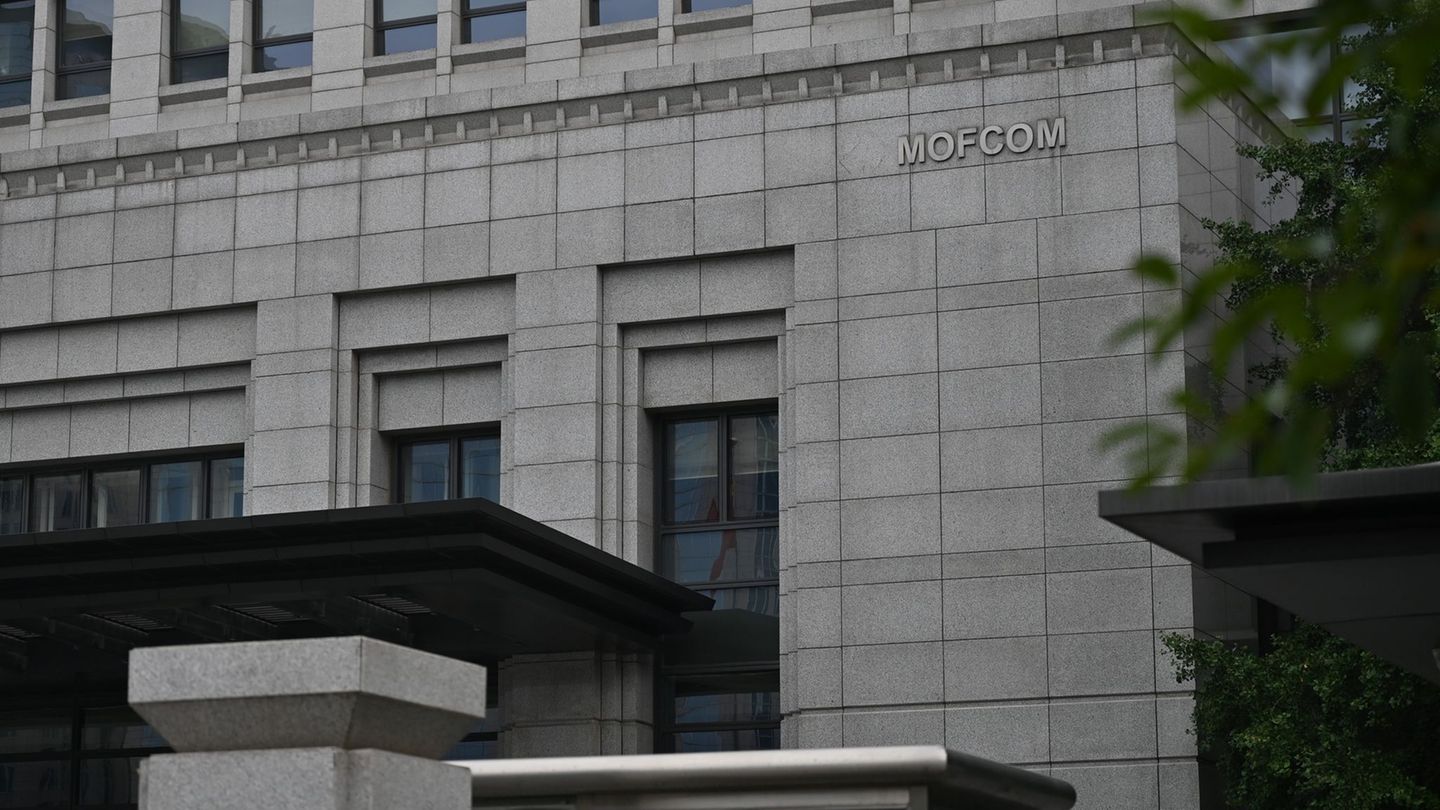After a marathon session, the North Rhine-Westphalia Higher Administrative Court has not yet made a decision on Tuesday. That is why the AfD proceedings will continue on the second day of the trial.
On the second day of the hearing on the dispute over the classification of the AfD as a suspected right-wing extremist case by the Office for the Protection of the Constitution, the party’s lawyers tried to elicit details from the domestic secret service about its information gathering methods. On Wednesday, the issue before the North Rhine-Westphalia Higher Administrative Court (OVG) in Münster was about the use of virtual agents and so-called undercover agents – informants from the party’s environment.
The Federal Office for the Protection of the Constitution (BfV) declared on Tuesday evening “that only two of the several thousand pieces of evidence” that had been submitted to the court “contain statements or behavior from human sources of the Office for the Protection of the Constitution.” The BfV also critically examined whether, during the processing of the AfD as a suspected case and with regard to its junior organization, during the processing of the Junge Alternative as a suspected case and as a proven extremist effort, members of state or federal executive boards were appointed as confidants of the Office for the Protection of the Constitution, one of whom was “controlling “Influence” could have resulted. There was no such influence during the relevant period.
Classified as a suspected right-wing extremist case
On Wednesday, the Office for the Protection of the Constitution emphasized that its evidence on the AfD came mainly from speeches and social media posts by elected officials and officials.
In an appeal process, the 5th Senate is clarifying whether the ruling from the lower instance at the Cologne Administrative Court stands. The BfV, based in Cologne, had classified the party and the youth organization Junge Alternative (JA) as suspected right-wing extremist cases. The judges in Cologne confirmed this view in 2022. Since then, the party and the JA have been allowed to be monitored using intelligence means. The OVG must now clarify whether the assessment is legal according to the Federal Constitutional Protection Act.
The first day of negotiations on Tuesday ended after eleven hours. It is currently unclear whether there will be any decisions on Wednesday. The day before, the AfD announced that it had prepared more than 200 applications for evidence. If there is not enough time on the second day of the hearing, the court would have to find new dates. The AfD’s lawyer, Christian Conrad, requested on Wednesday – as he had done the day before – that the public be temporarily excluded from the hearing. This was justified by the desire for more detailed information on the use of intelligence resources against the party by the Office for the Protection of the Constitution.
Source: Stern
I have been working in the news industry for over 6 years, first as a reporter and now as an editor. I have covered politics extensively, and my work has appeared in major newspapers and online news outlets around the world. In addition to my writing, I also contribute regularly to 24 Hours World.




